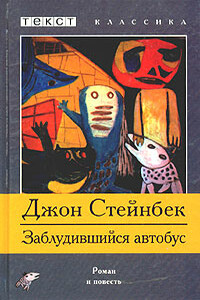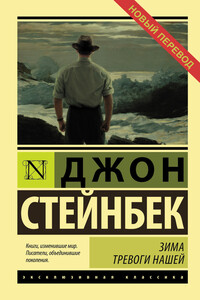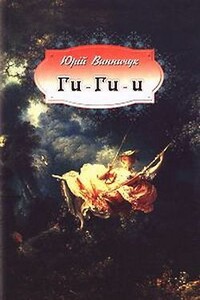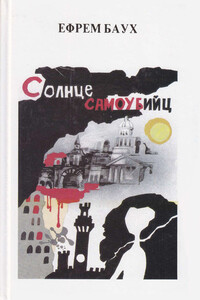Once there was a war - страница 12
The black deck rolls with sound. One chorus ends and another starts, “When the Saints Go Marching In.” Four times and on the fifth the voices fade away to a little hum and the deck is silent again. The ship rolls and metal protests against metal. The ship is silent again. Only the shudder of the engine and the whisk of water and the whine of the wind in the wire rigging break the silence.
We have not yet a singing Army nor any songs for a singing Army. Synthetic emotions and nostalgias do not take hold because the troops know instinctively that they are synthetic. No one has yet put words and a melody to the real homesickness, the real terror, and the real ferocity of the war.
SOMEWHERE IN ENGLAND, June 25, 1943—We are coming close to land. The birds picked us up this morning and a big flying boat circled us and then darted away to report us. There has been no trouble at all, and if, on the bridge, the enemy has been reported, we do not know it. The word sifts down from the bridge that we shall land tonight. The soldiers line the rails and report every low-hanging cloud as a landfall. Now that we are near and the lines of our approach are narrow, the danger is greater. The ship swerves and turns constantly. These waters are the most dangerous of all.
The men are reading a little booklet that has been distributed, telling them how to get along with the English. The book explains language differences. It suggests that in England a closet is not a place to hang clothing, that the word “bloody” should be avoided, that a garbage can is a dust bin, and it warns that the English use many common words with a meaning different from what we assign to them. Many of our men find this very funny and they go about talking a curious gibberish which they imagine is a British accent.
A light haze shrouds the horizon, and out of it our Spitfires drive at us and circle like angry bees. They come so close that we hear the fierce whistle of their wings. For a long time they circle us and then go away, and others take their place.
In the afternoon land shows through the haze and, as we get closer, the neat houses and the neat country, orderly and old. The men gaze at it in wonder. It is the first foreign place most of them have ever seen and each man says it looks like some place he knows. One says it looks like California in the springtime of a wet year. Another recognizes Vermont. The men crowd to the portholes and the rails.
The troopship moves into a harbor and drops her anchor. She is surrounded on all sides by shipping and by naval units. The men will go ashore in lighters, but not yet, for disembarkation is, if anything, more complicated than embarkation. Men can easily be lost or mixed with the wrong units.
The night comes and in the staff room officers gather and wait until they are assigned the transportation for their men. It takes a good part of the night. At an exact time each unit must be in an exact place, where a lighter will be waiting to take them on. The troop trains will be waiting ashore. It has been a perfect crossing. No trouble, no sickness, no attack. The ship’s officers show the strain. They haven’t slept much. After a few voyages they must be relieved. The responsibility is too great for a man to bear for too long a stretch.
In the morning the lighters come in and hug the sides of the troopship. The big iron doors open and the troops move out and take their places on the decks of the little boats. The portholes high above are filled with heads looking down. Men for a later debarkation. The little boat moves off, puffs up the bay among the tugs and the destroyers and the anchored freighters. The soldiers are self-conscious in a new place. They regard this new land skeptically as one must when he is not sure of himself. The little boat puffs up to the dock, which has mysteriously become a quay, pronounced “key,” which is, of course, ridiculous.
Now as the lighter ties up an astonishing thing happens. A band of pipers marches out in kilts, with bagpipes and drums and the swingy march of pipers. The harsh skirling cuts through the air. The most military, the most fighting music in the world. Our men crowd the rail. The band approaches, drums banging, pipes squealing and, as they draw abreast, the soldiers break into a great cheer. They may not like the harsh music; it takes time to like it; but something of the iron of the music goes into them. The pipers wheel and march back and away. It was a good thing to do. Our men, in some deep way, feel honored. The music has stirred them. This is a different war from the one of training camps and strategy at post exchanges.




